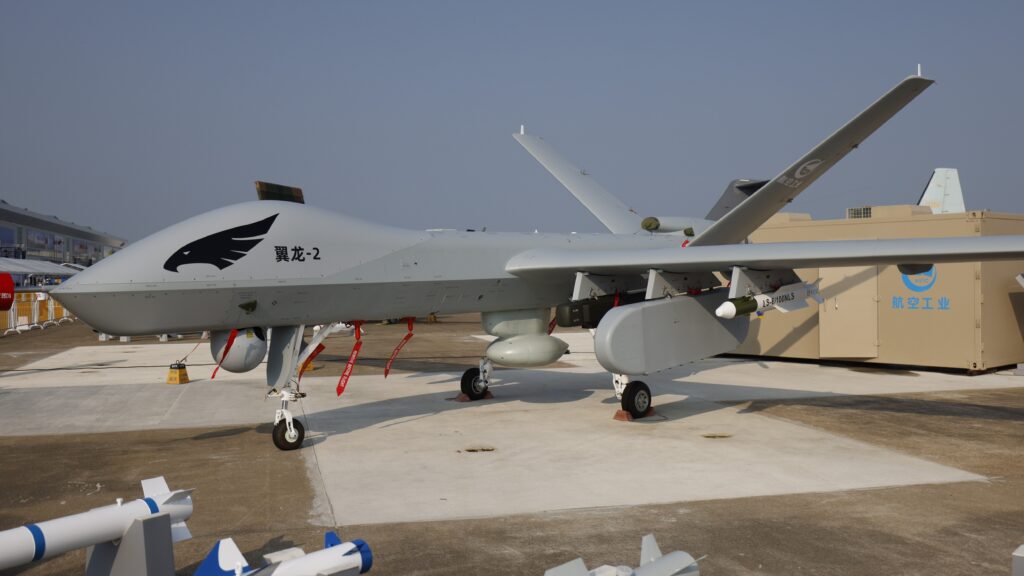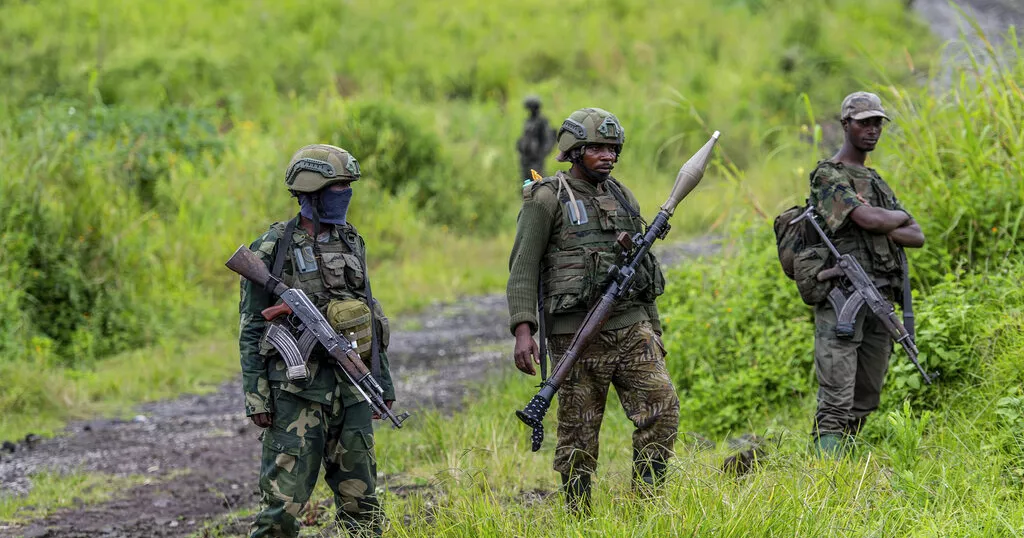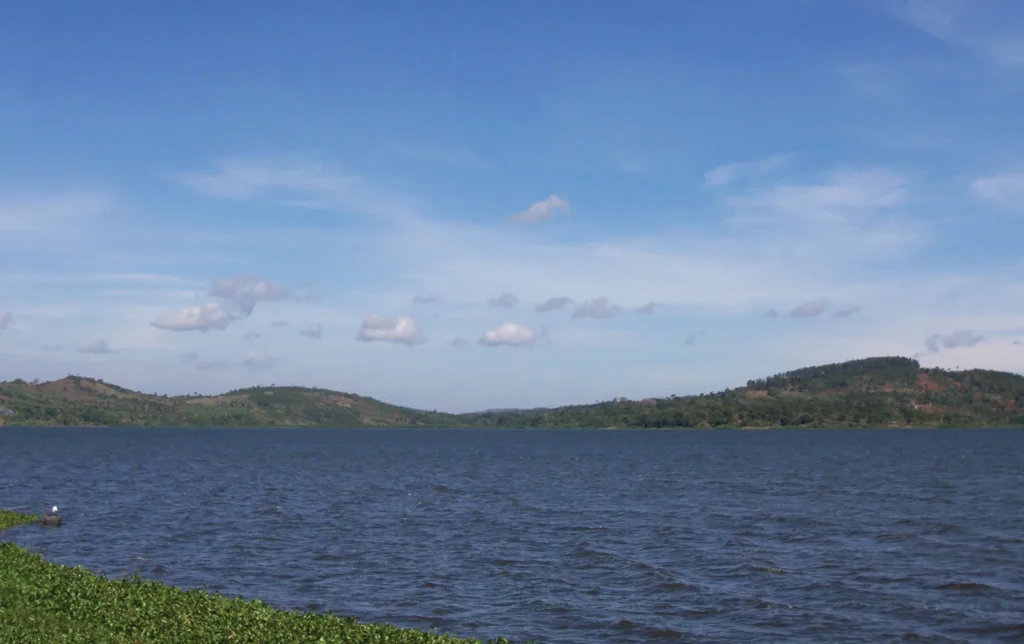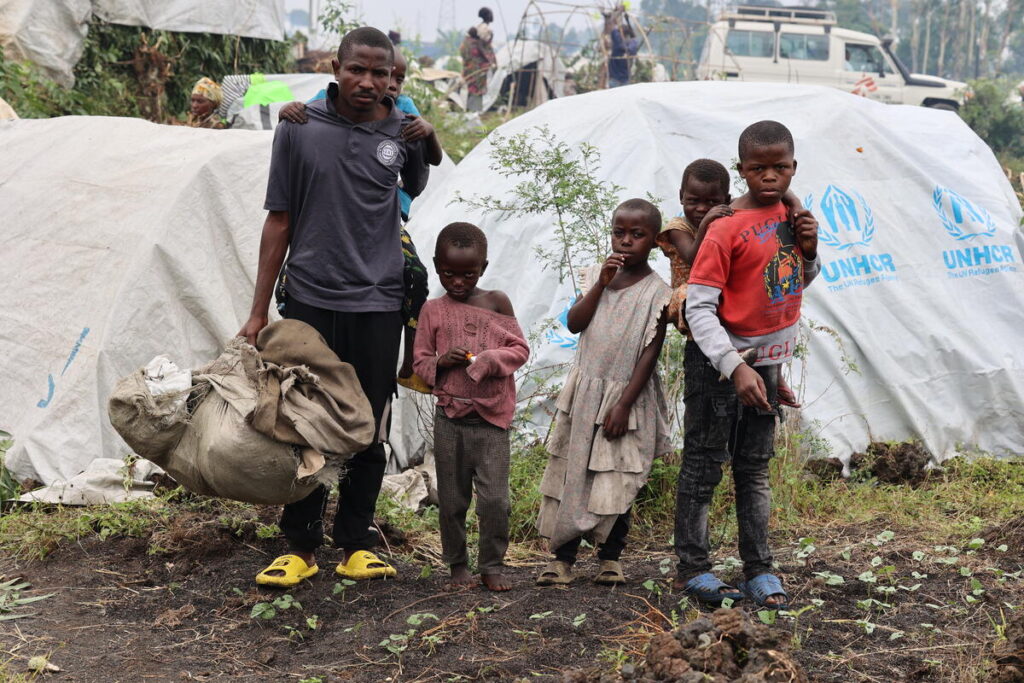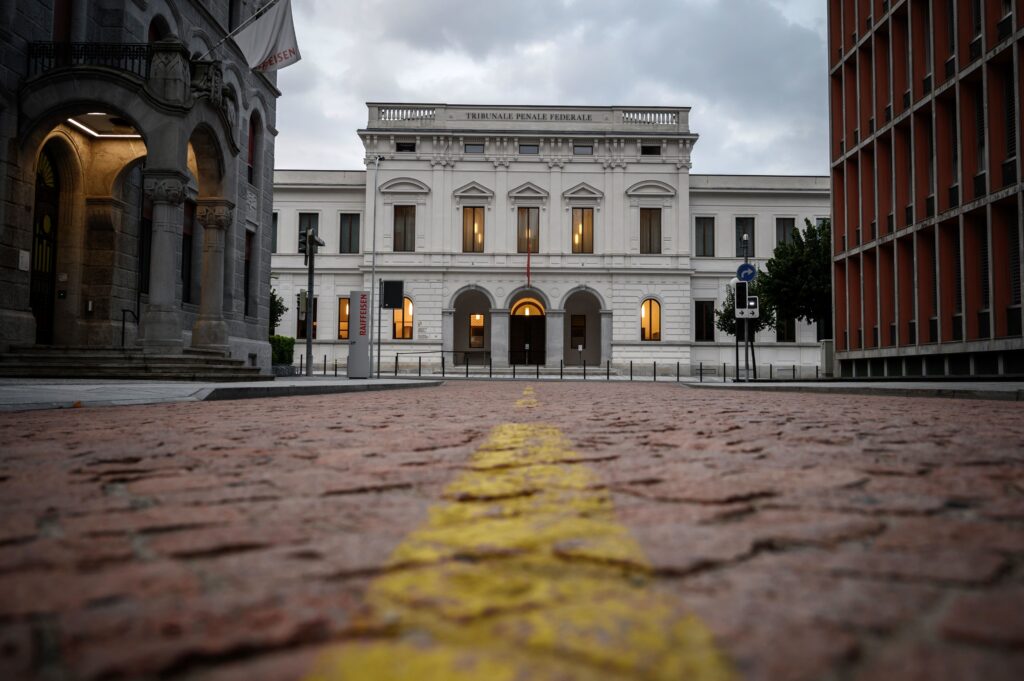
Liberia’s President Joseph Boakai faces criticism for his selection of lawyer Jonathan Massaquoi to lead the establishment of the long-awaited war crimes court.
This appointment comes after years of international and domestic pressure to bring perpetrators of the country’s brutal civil wars to justice.
The two civil wars, lasting from 1989 to 2003, claimed an estimated 250,000 lives and were marked by atrocities including massacres, mutilation, and rape.
While some convictions have occurred internationally, no trials have taken place within Liberia, leaving many victims yearning for closure.
Critics, including human rights activists Hassan Bility and Peterson Sonyah, point to Massaquoi’s history of defending figures linked to war crimes.
They argue that his past work representing figures like Charles Taylor’s ex-wife and a former rebel commander raises concerns about his commitment to genuine justice.
Despite welcoming the creation of the court, rights groups underline the need for further action.
They highlight the absence of provisions for reparations to victims as a significant gap.
Additionally, influential figures potentially implicated in war crimes, like Senator Prince Johnson, remain politically active, raising questions about the court’s potential reach.
President Boakai has portrayed the court as a path towards healing, aiming to deliver “justice and closure.”
However, the appointment of Massaquoi and the ongoing influence of potentially culpable individuals cast a shadow over the court’s ability to achieve this goal.
Only time will tell if Liberia’s war crimes court will be a force for accountability or a symbolic gesture.

